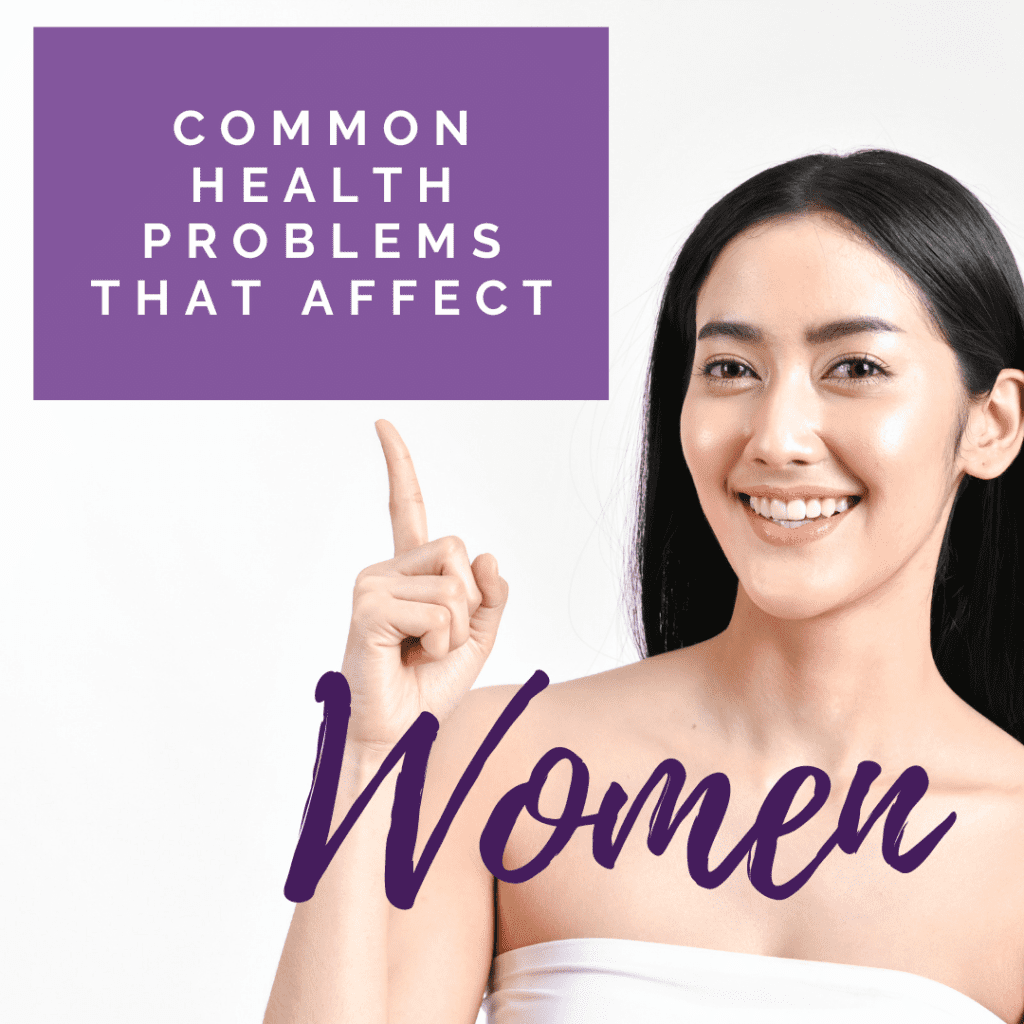Due to some anatomical differences, there are certain medical conditions that only affect men and others that only affect women. The majority of medical conditions, however, can affect both men and women. Among these overlapping conditions that affect men and women, there are still certain disorders that tend to affect women at higher rates than men. Here are the top 5 conditions that affect women at higher rates than men:
Heart Disease
Heart disease has been a main concern for both men and women. While men have a higher death rate tied to heart disease, women are often not diagnosed properly until it is too late. This is due to the fact that women exhibit different symptoms of heart disease than men such as shoulder pain, jaw pain, nausea, and shortness of breath. Oftentimes these symptoms are not tied to heart disease, meaning women can go many years without a diagnosis. Unfortunately, a lack of proper diagnosis can eventually lead to disability or even premature death. The American Heart Association notes that risk factors for heart disease can include: age, a family history of heart disease, smoking, high blood pressure and/or cholesterol, obesity, diabetes, and being physically inactive. Additionally, it has been found that African-Americans, Mexican-Americans, Native Americans, Native Hawaiians, and some Asian-Americans are at an increased risk. The best way to decrease your risk of heart disease is to eat a balanced diet and get plenty of exercise.
Breast Cancer

Although breast cancer can affect both men and women, it is the most common cancer in women and is the second leading cause of death. Despite this, there are several treatments available for breast cancer, especially when it is caught early. Therefore, it is strongly encouraged to keep up with your mammograms and to perform self-breast exams to detect possible breast cancer. Some common risk factors for breast cancer include: a family or personal history of the disease, age, having a mutation in the BRCA1 and BRCA2 genes, not having children, excess alcohol consumption, and obesity. Additionally, white women have been found to be at a higher risk for breast cancer.
Osteoporosis
According to the National Osteoporosis Foundation, out of the 44 million Americans affected by osteoporosis, 68% are women. Besides being female, some risk factors for osteoporosis include: family history, sedentary lifestyle, smoking, excessive alcohol consumption, anorexia, diet lacking calcium and vitamin D, thin-boned build, and age. However, osteoporosis can be prevented by taking the proper precautions. After the age of 30 new bone stops forming, which means you can prevent osteoporosis by maintaining your bones through calcium intake and weight-bearing physical activity.
Depression

The National Institute of Mental Health notes that women are twice as likely to develop depression as men. Although the reason for this is not fully understood, some experts attribute increased depression rates in women to a lack of social connections or hormonal changes. Women who have a family history of depression or heart problems, serious chronic illness, marital problems, substance abuse, anxiety, illness, vitamin or thyroid deficiency, or an eating disorder are at an increased risk of developing depression. Experts note that building healthy social relationships can help women decrease the risk of developing depression.
Autoimmune Diseases
The American Autoimmune Related Diseases Association (AARDA) notes that 75% of autoimmune diseases affect women. In fact, these diseases are the fourth leading cause of disability in women. While the cause of autoimmune diseases are still being researched, some experts believe that genetic, hormonal, and environmental factors all play a role. Unfortunately, this makes it hard to determine accurate risk factors for autoimmune diseases. The best course of action is to get a second or even third medical opinion if you feel something is wrong and your doctor is not taking it seriously. Many women who have been diagnosed with an autoimmune disorder have, unfortunately, had to see multiple doctors before an accurate diagnosis was made.

Dr. Geoffrey Zann is a Certified Robotic Da Vinci Surgeon, Board-certified by the American College of Obstetricians and Gynecologists, and a Diplomat of the American Board Obstetrics of Gynecology. He has been a member of the American Society for Colposcopy and Cervical Pathology, American Association of Gynecologic Laparoscopists, and the Hugh R. K. Barber Obstetric and Gynecologic Society.
